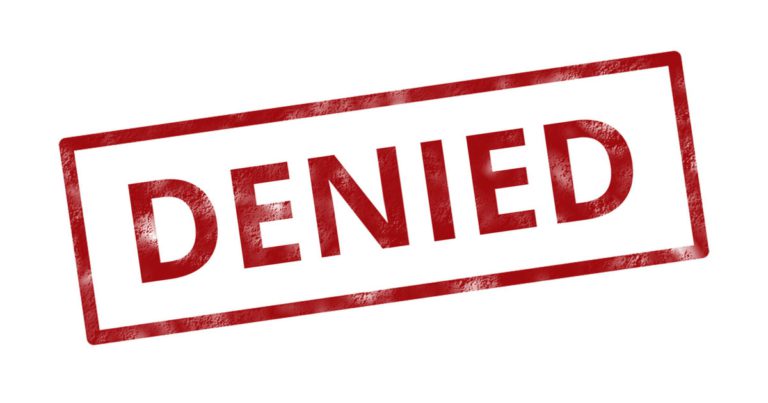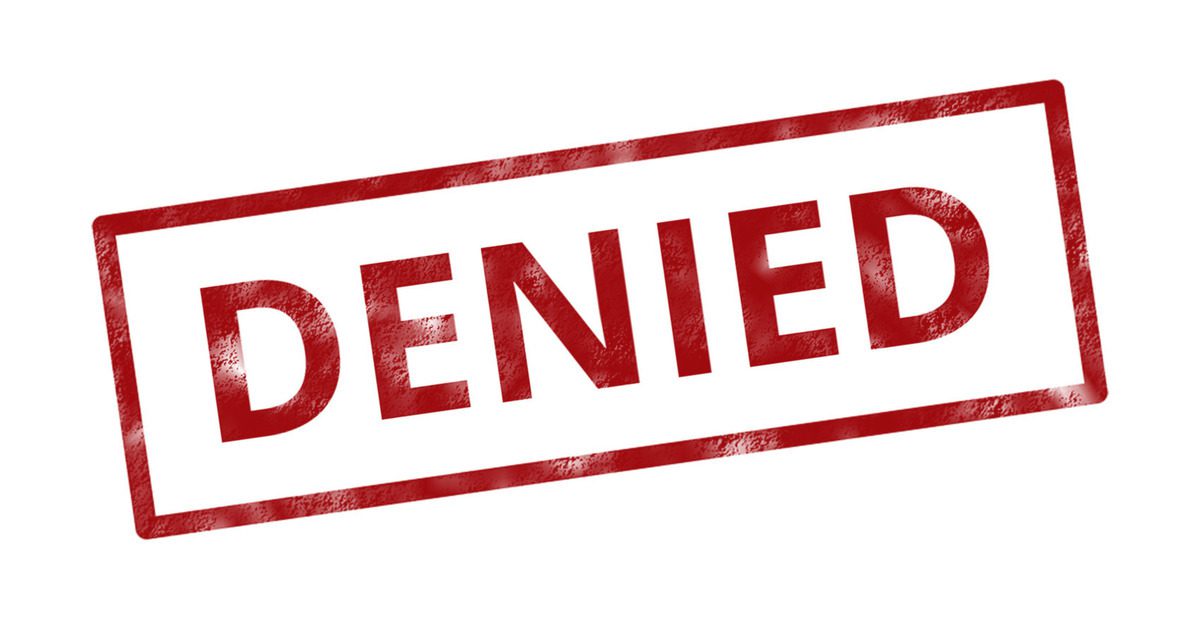ACAAI physician members often share questions and issues on DocMatter, the College’s exclusive members-only, private forum for clinical and practice management discussions. A recent DocMatter post hit a nerve with College members, and responses flooded in. The member post said two major insurance carriers were not covering an E/M visit on the same day as allergy testing, despite the use of modifier -25. As many of you know, and as the numerous DocMatter responses can attest, this is an issue experienced by many allergists. This article provides guidance and resources for members experiencing this issue.
Many third-party payers insist skin tests are a part of an office visit, but this is not the case, and these denials should be appealed. The College’s new Appeals and Denials toolkit includes a sample appeal letter for an E/M visit denied with skin testing.
Modifier -25 is used to report an Evaluation and Management (E/M) service on a day when another service was provided to the patient by the same physician or other qualified health care professional.
Modifier -25 should be appended to the E/M service, indicating a significant, separately identifiable service was performed at the time of the E/M service.
A significant, separately identifiable E/M service is defined or substantiated by documentation that satisfies the relevant criteria for the respective E/M service to be reported.
In a separate chart note, document the testing, the results, the patient’s therapeutic options, and your discussion of the risks and benefits of each option. Based on the shared decision-making, develop an action plan. In this note, avoid reference to the E/M service, if possible.
In other words, if you can bill each of these services independently, you are using the modifier -25 correctly. You should appeal denials you believe are unwarranted.
Through dealings with one of the major insurance companies, the Advocacy Council learned that the insurer relies on a computer algorithm to flag modifier -25 claims. Those claims are then sent for review by a nurse/certified coder who looks at the claim and considers it in light of the physician’s history of denials and appeals (but without access to medical records).
If the physician has a significant number of denials and a low appeal rate, it weighs against approval of the claim since it creates an inference that the physician is billing inappropriately. On the other hand, if the physician has appealed a high percentage of denials, and a high percentage were overturned and paid, it is likely the claim will be approved for payment. According to this insurer, about 60% of claims flagged by the algorithm end up being paid upon review by nurse/coders. Unfortunately, appealing does not universally mean you will get paid – it can differ based on insurance provider. If one insurance company seems to be the problem and appeals are unsuccessful, the officers of the state allergy society should consider meeting with the company’s medical director.
Allergists should make sure their medical records support the use of modifier -25 and should appeal denials they believe are unwarranted. Not only is it a chance to get reimbursed, but failure to do so could count against you in future denials and in having your claims flagged for review.
Please contact the Advocacy Council at AdvocacyCouncil@acaai.org with any coding issues.




